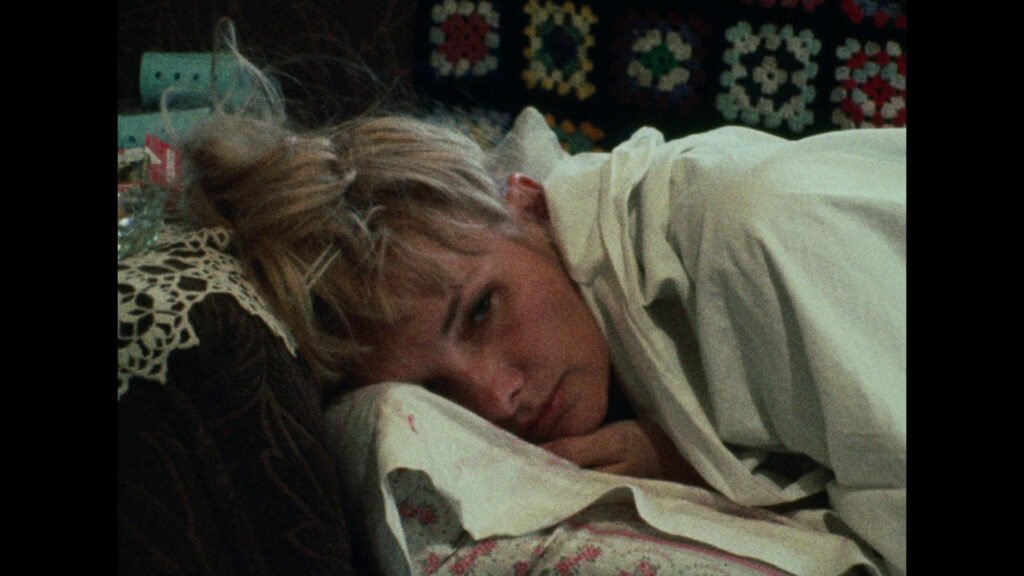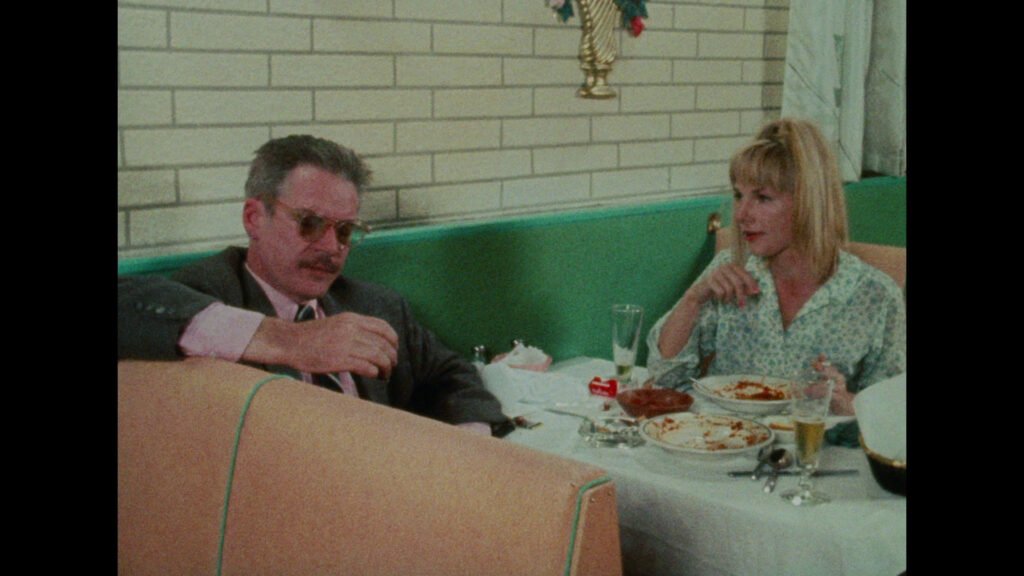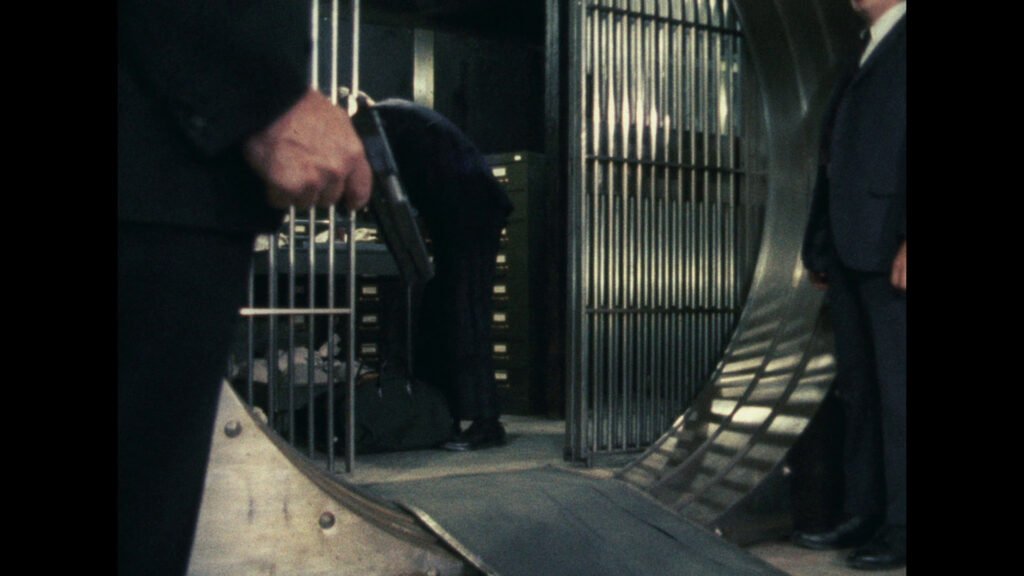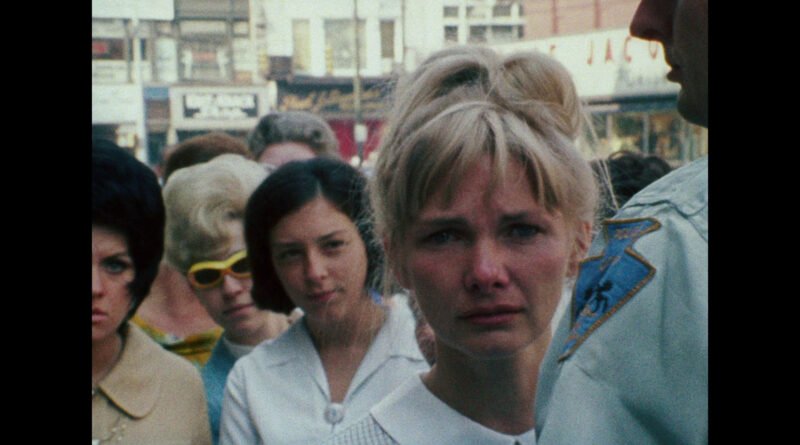Hidden Gems: Wanda (1970)
Wanda, 1970 (Barbara Loden/Michael Higgins) Bardene International
“I really hate slick pictures… They’re too perfect to be believable. I don’t mean just in the look. I mean in the rhythm, in the cutting, the music—everything. The slicker the technique is the slicker the content becomes, until everything turns into Formica, including the people.”
BARBARA LODEN
I found Wanda on Turner Classic Movies a few months ago, and had just gotten ’round to looking at it a couple of nights ago. I make it a point to watch movies mainly from the 1970s. I’m convinced it was a monumental time for cinema, the peak of celluloid creativity. Filmmakers were just starting to scatter the ashes of the Hays Code and usher in a new ratings system. Nudity and graphic violence were the new normal.
There were bleak landscapes and anti-heroes. We watched Badlands the other day. This is a movie you couldn’t really do justice to in the 2020s. Tarantino knew Badlands was a special case. He wrote two scripts that were either homage or blatant rip-off, Natural Born Killers and True Romance. Don’t get me wrong. I love those movies, but they’re not bold, original statements. Tarantino probably sees them as homage, but you’ll notice both Clarence and Alabama, and Mickey and Mallory, survive and live happily ever after.

The violence is stylized and polished to perfection. The ’90s may have seen the return of nihilism and anti-heroes, but more often than not, they got happy endings. Wanda is a strange, rewarding journey. There’s a lot of big talk about “subverting expectations” in storytelling these days. All that actually amounts to is that you’ve rewritten the parts. You’ve made the straight people gay, and you’ve made the men the women.
Wanda truly subverts expectations, and that subversion angered film critics of the time, including Pauline Kael and Judith Crist. They detested the idea of an aimless female drifter who walks away from her baby and her husband, hooks up with an abusive criminal she addresses as Mr. Dennis (Michael Higgins) who makes her wear dresses while he robs parked cars and plans bank robberies.

Mr. Dennis is not a criminal mastermind, or at least we don’t see him as a criminal mastermind. Instead, he has plans and those plans fail. The bank robbery doesn’t go off as planned because of car and traffic problems. Mr. Dennis is shot and killed by the police, and all Wanda can do is watch from the sidelines. There is no stirring score. No pinpoint, crucial edits. This is raw filmmaking at its finest, like Cassavetes.
In the era of Bonnie and Clyde and Badlands, the slick polish of filmmaking, character martyrdom, and a constantly evolving language of cinema, Wanda is a sobering reminder of the real world. The movie is shot in gritty Ektachrome 16mm reversal stock. With the exception of the two leads, the actors are unrehearsed, improvising naturalistic performances from beats in a (mostly) unused screenplay.

Some of the reviews of Wanda are scathing, even calling the character, “dumb and stupid.” She’s held up to a standard that was never used with male characters doing the same things in other movies. She’s even judged, because in an early scene, she grants her husband a divorce and tells the judge the baby would be better off with him. This is a fascinating (and real) character Hollywood will never show an audience.
Even in those days, women were worshipped, and female characters tended to be protected or rescued, or accustomed to comfortable lives as homemakers or call girls (or both—Belle du Jour). When she runs out of money, Wanda tries her hand at prostitution (briefly), but her clients are impatient with her. The beautiful writer-director Barbara Loden (wife of Elia Kazan) does her best to make Wanda plain; a woman who doesn’t know her beauty, or doesn’t use her beauty the way so many women use their beauty to get what they want.

As a result, she is treated terribly by nearly everyone in her life. This is probably why the exceptionally talented Loden didn’t become a big movie star. With the exception of a role in Splendor in the Grass (directed by her husband) and a handful of television credits, Loden worked sparingly. Wanda is exceptional, because watching it, I didn’t feel pummeled over the head with a “message.” I don’t think anything was intended other than for us, the audience, to live inside this woman’s mind for ninety minutes, and even then, we wonder what she is thinking.
I don’t believe Loden ever intended for this to be a claptrap of feminism, or an easy finger puzzle for us to extricate ourselves from, but grainy remembrances of high points and low points in Wanda’s misery. She’s like any person you either know or have been: there are moments when you are not miserable, and then there’s everything else. I think we’re all Wanda, standing in one place while an angry, psychotic world shuffles by. All we can do is watch.

